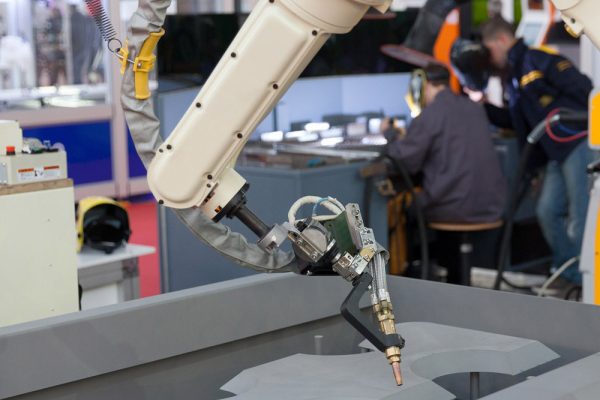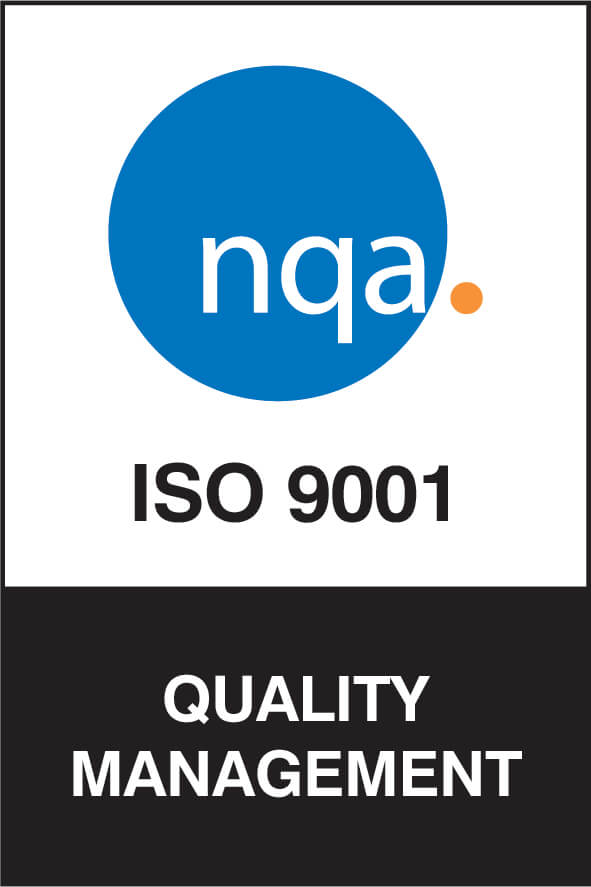Manufacturers have embraced automation more than any other industry. According to a Deloitte survey taken in 2020, Robotic Process Automation was the most common technology being implemented with 78% of respondents already using robots and another 16% planning to add robotic automation in the next 3 years. Automation has made it possible to:
- Increase Productivity
- Improve Quality
- Reduce Costs
- Enhance Safety
- Increase Flexibility
- Collect Better Data
While there are many benefits of automation, it can be expensive. Given today’s uncertain economy you may be hesitant to invest in automation. As you weigh your options, consider the 5 factors listed below. These realities might be enough to tip the scales in favor of automation – even in an uncertain economy.
- Onshoring will increase demand
The globalized economy made it possible for US manufacturers to move their production overseas to take advantage of low-cost labor and materials. Recent events are causing many companies to reconsider this decision and bring the manufacturing of their products back to the United States. In a recent poll “55% of the American CEOs surveyed have plans to reshore more of their manufacturing operations. Of those, “95% say they’ll do so this year.” 1 This decision is being driven by:
- Supply chain issues
- Political tensions
- Overseas costs
- Quality control challenges
- Protection of intellectual property
- Concerns of human rights violations
- Faster response to market needs
As organizations seek to build redundancy in their supply chain and decrease the risks associated with overseas manufacturing, they will be turning to domestic suppliers for production needs. Onshoring will increase demand in the United States for manufacturing even if the global economy takes a downturn.
- Labor challenges will continue
Maintaining the labor force required to meet production demands will continue to be a challenge. More workers are retiring than are entering the workforce. According to Deloitte, there are 800,000 unfilled manufacturing jobs in the US. The National Association of Manufacturers estimates this could rise to 2.4 million unfilled jobs by 2028. The labor challenge is magnified by the lack of required skills among available workers. Retention is another problem and labor costs continue to rise. The U.S. Department of Labor reported a 3.4% labor cost increase in the 1st quarter of 2023 due to higher compensation and decreased productivity.
Automation can decrease reliance on the limited workforce by performing repetitive tasks and freeing talented workers to perform higher value functions.
- Intelligent Automation will build resilience
Manufacturing resilience refers to the ability of a manufacturing system to adapt and thrive in the face of economic changes. Building resilience is an important strategy to decrease the risks of uncertainty. Intelligently designed automation systems excel in providing flexibility, scalability, and efficiency. Here several examples:
- Vision systems with teach functions or bundled with configuration tools
- Integrated recipe editors in the HMI to allow machine operations to be modified.
- Increasingly capable robots, CNCs and servo actuators which can be taught to perform new operations and accommodate future needs.
Automated systems like these allow for flexibility while also retaining reliable process control. Intelligent automation can change in ways that can be validated by engineering and quality departments or end customers. Automated systems can be quickly reconfigured to adapt to changing business needs, allowing businesses to respond to shifts in production demands, market preferences and the availability of resources. This agility makes it easier to adapt to economic changes and capitalize on new opportunities.
- Automation is essential to remain competitive
The manufacturing industry is implementing automated systems at a record pace. Smarter, more flexible and cost-effective equipment is helping manufacturers stretch beyond past limitations. Predictive maintenance, digital twins, advanced robotics, automated inspection, high speed assembly, artificial intelligence and 3D printing are examples of the many technologies being applied in the manufacturing environment. Investment in these technologies is critical to remaining competitive – domestically and globally.
- American manufacturing needs to respond
When the United States entered World War 2 the manufacturing industry made a significant transformation to meet the demand for military goods. Today, the manufacturing industry is again being called upon to help stabilize our supply chain and become less dependent on overseas production. More products need to be made within our borders. Production needs to be increased and costs controlled. Automation is essential to achieving these goals.
Conclusion
Even in an uncertain economy investing in automation is a smart strategy. It is an investment in efficiency, productivity, quality, safety and flexibility. These are fundamental building blocks for every successful manufacturer. By automating your processes, you will be:
- Prepared for the increased demand as manufacturing returns from overseas
- Able to reassign workers to high value tasks
- Adaptable to quickly changing markets
- Competitive because you have maximized your productivity and efficiency.
- Contributing to greater American self-reliance to produce products within our borders.
Criterion Automation is available to help develop and implement your automation strategy. With over 35 years of experience, we are committed to helping you solve today’s challenges and prepare for tomorrow’s future by making it easier, safer and faster to produce quality products. Schedule a complementary 30-minute video call with Criterion today to learn how automation can help your company be prepared in an uncertain economy.





